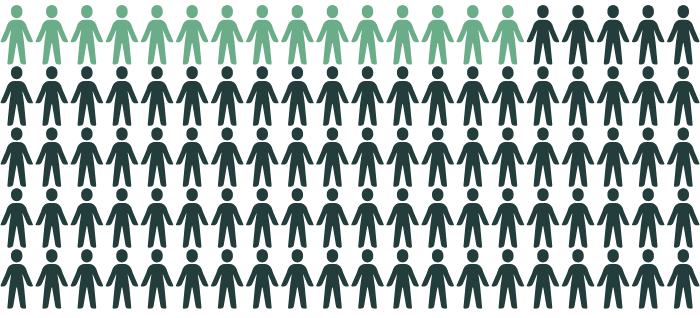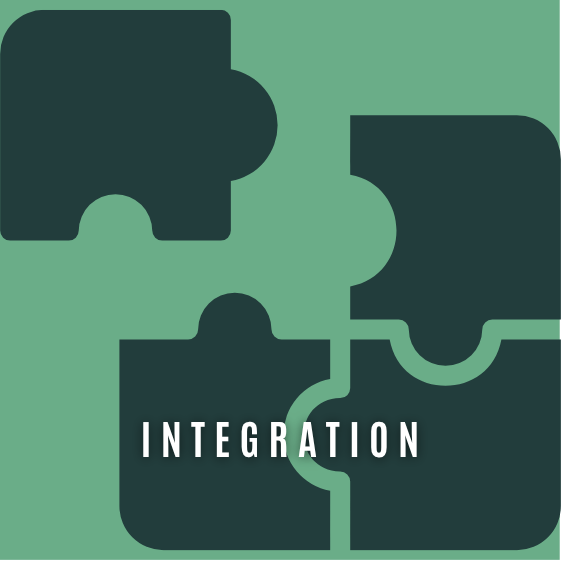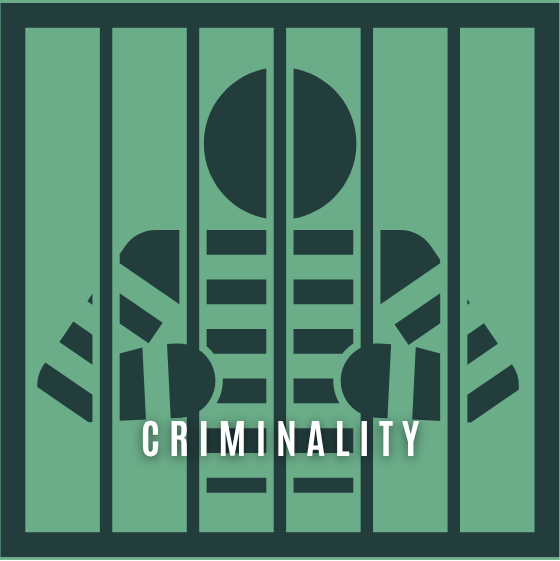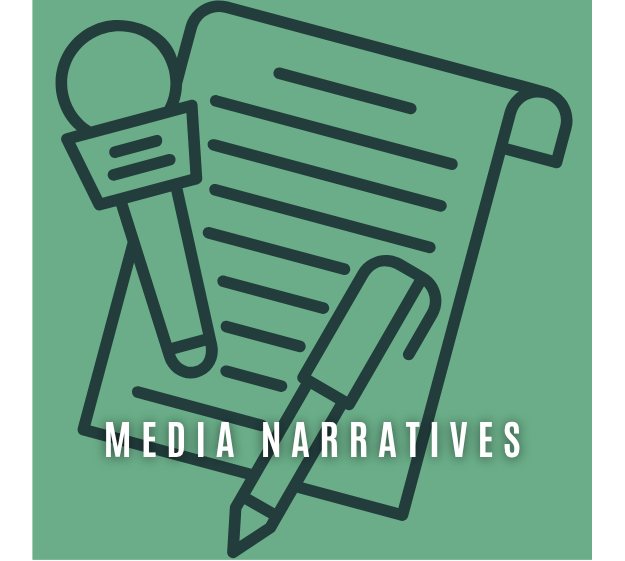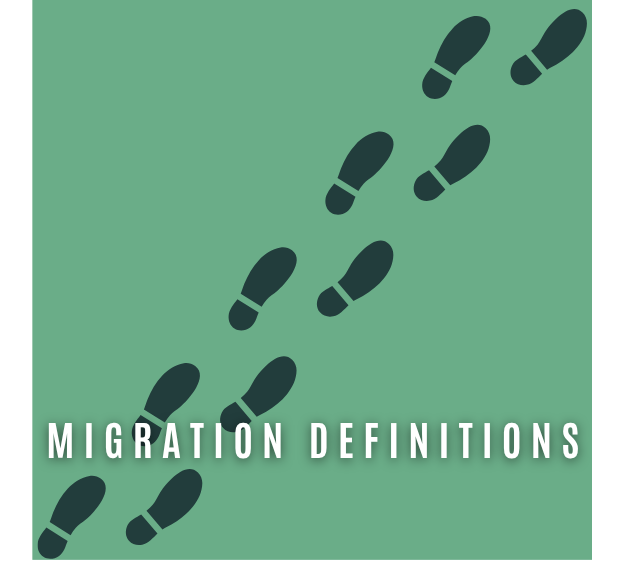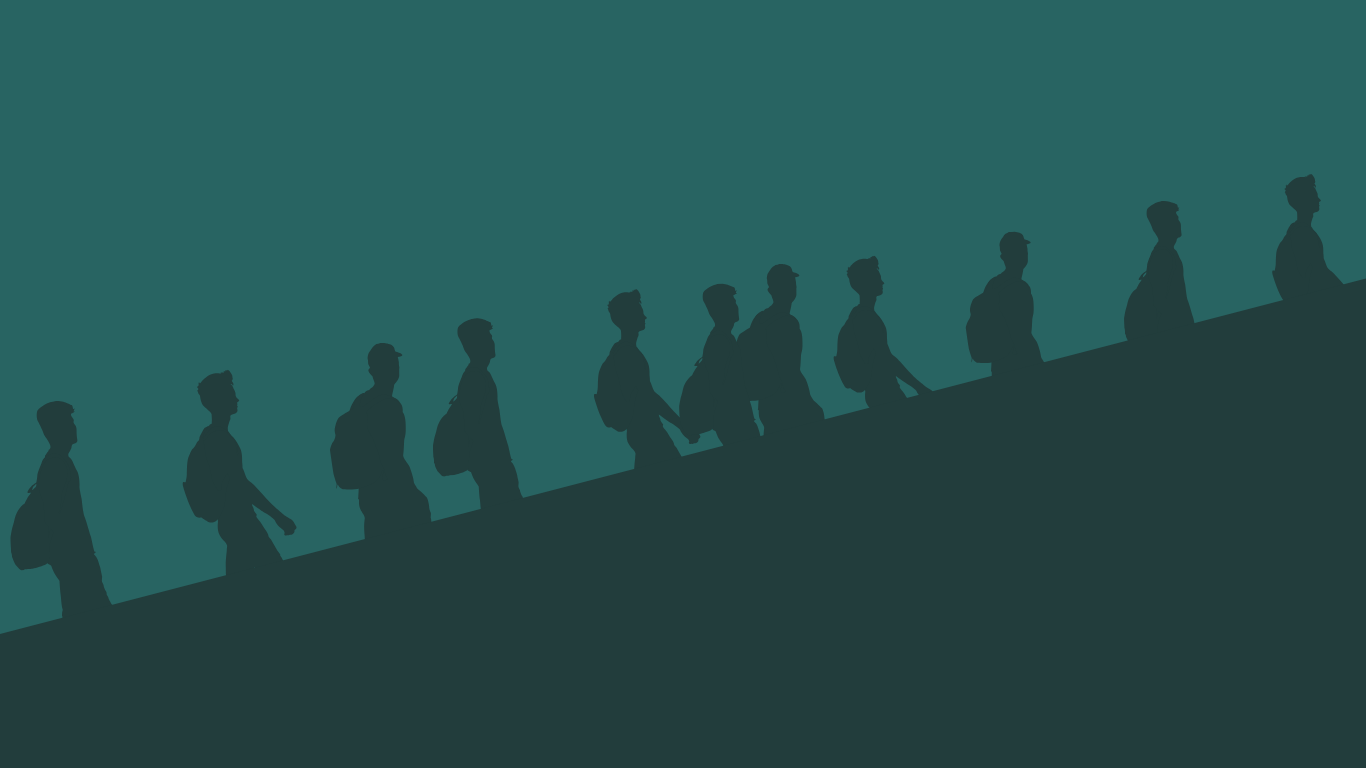
Welcome to Beyond Assumptions, a database on immigration and refugees
Immigration and refugees are trending and controversial topics. This webpage is dedicated to providing clarity on the complex issues of immigration and refugees. Here you can discover what research says about topics such as integration, criminality, the housing crisis, and read firsthand experiences of refugees.

Setting the scene
Dutch society is very multicultural. Immigrants have arrived in the Netherlands throughout history, as refugees, residents of former colonies, or recruits. They have had a significant impact on the country. Some well-known historical people were refugees, including Willem van Oranje, Baruch de Spinoza, Anne Frank, Harry Mulish, and Princess Beatrix, who all made a significant impact on our small country. Even certain traditional Dutch delicacies, such as oliebollen, lekkerbekken, and sour haring, were brought by Jewish refugees. Refugees and immigrants continue to have an impact on our culture, although opinions vary on whether this influence is positive.
Opinions on migration don’t exist in a vacuum; they reflect broader societal sentiments. In Dutch society, several studies revealed a growing feeling of ‘we are not doing well’, which is mirrored in attitudes towards immigration. Migration is increasingly regarded as a threat, a feeling that is fuelled by media representation, political rhetoric, and a focus on one-time incidents.
What are the problems with immigration? And what are their effects? The purpose of this webpage is to promote conversations based on facts and research, and to help see the bigger picture in an age of overwhelming information.
Why words matter
People mention immigrants, asylum seekers, and refugees when discussing immigration. Sometimes they have different meanings, but sometimes they are used interchangeably.
When talking about immigrants, most refer to people who moved voluntarily. However, ‘migrant' is an umbrella term for people who move to another country, regardless of the reason. Migrants typically move for work, education, or family reasons. However, in 2024, 14,5% of the migrants coming to the Netherlands were refugees.
Refugees are people who were forced to move out of their country because of persecution, war, or other violence; they do not have the option to return to their country of origin safely. Once they apply for protection in another country, the refugee becomes an asylum seeker.
Words matter, and there are many that are only used in the context of immigration. When unsure what something means, do check out the definitions page:
Only 14.5% of all immigrants in the Netherlands is a refugee
About the author
Lianne has set up this project as an intern at Dare to be Grey after noticing that the narratives on immigrants and refugees are mostly led with misinformation. She wants people to be aware of the actual situation and to be able to build informed opinions.
Thank you
During this project, I worked with many people, without whom this project would not have been accomplished. I am incredibly grateful for all the support I have received. Specifically, Laura and Jordy have been very influential. Thank you for providing space, resources, guidance, and needed feedback.
Additionally, I would like to acknowledge all the people who allowed me to interview them, who opened up and shared their personal experiences and perspectives. Your help was indispensable, and I will forever be grateful for your openness.
Likewise, I would like to acknowledge my partnership with Behind the Headlines, a Move 4 Human Rights Initiative of Justice & Peace Netherlands. The short but powerful collaboration was inspiring, and your research on media narratives was very helpful.
Lastly, thank all the people who helped me with brainstorming, conceptualising, and gaining perspective. Your help is greatly appreciated.


